How One Word Can Decide A Survivor’s Future
Significant.
It’s a word that measures something. That gives something volume.
By definition, significant means “sufficiently great or important to be worthy of attention; noteworthy.” It also means “having a particular meaning; indicative of something.”
Indicative of something. Noteworthy. Sufficiently great.
For anyone unaware, the word significant is used by family courts and the judges who decide their cases as a measurement of the presence of domestic abuse in a relationship. Is it “significant?”
It’s a critical question, because in some states, the determination of “significant domestic abuse” will award legal decision making authority to the survivor of the abuse — recognizing that an abuser will never lose his or her taste for control and power in the relationship. It is bad enough that a survivor of abuse is even required to try and work with the human who put them through it, but that’s a whole separate conversation.
So, what is significant? How is that determined?
I don’t know. I’m not sure what “significant” is anymore after re-reading my case. Because, while the court doesn’t condone violence (the court’s words), it did not deem what I endured as “significant.”
That means that the following events were, therefore, insignificant.
Throwing a laptop at a television in an argument, breaking both.
Throwing a pub glass on the floor and sending glass everywhere.
Keeping me up all night. Multiple nights.
Locking me outside my home, multiple times, day and night.
Tracking me down using my Google Maps, without my knowledge.
Verbal abuse, to include profanity-laced insults, in front of my kids.
Financial abuse.
Emotional abuse, to include gaslighting.
Examining my dirty underwear.
Throwing a rock through my sliding glass door, completely shattering it.
Violating my order of protection multiple times.
Entering my home after being forcibly removed from the property by police.
Stalking my home by driving by it and going through my trash.
Harassing and threatening my employers.
Throwing a rock through my family room window, completely shattering it.
Faking a car accident and an overdose (separately).
Physically blocking me from attending to the needs of my kids at school.
Death threats.
Throwing a beer bottle at me and making false claims in a 911 call.
Standing outside my shower while I was in it.
Racking up more than a dozen domestic violence-related misdemeanors that would eventually be condensed to three.
Assault.
Insignificant. Why? Because I survived? Because I never required stitches or a cast? Every single one of those events were “indicative of something.” They were “noteworthy.” They were “sufficiently great.”
These weren’t arguments. These were violent episodes. And THIS is what survivors are up against when they pick up the pieces of themselves, work up the courage and head to court to begin a likely foreign process through the legal system.
I only use my case as an example because I have it handy. I know the details. But every time I think about an individual case, as For Your Record works with survivors, I think about that case or that injustice at scale.
It’s an individual injustice, yes. But at scale, it’s terrifying to consider.
When will the courts, and the judges ruling them, begin to recognize all sides of abuse? When will that take hold? Emotional, financial and verbal abuse are all widely recognized by experts as elements of domestic abuse, but it seems when you walk over the threshold of the court they lose their street value.
They somehow become…less significant.
Education is needed, badly. And not from a textbook. From the people who survived what they endured. They need to be able to talk about the experiences in the moment and they need to be able to share how the trauma of survival affected them long-term.
Trauma, after all, is defined by the American Psychological Association, as an “emotional response to a terrible event or series of events.” Terrible sure does seem significant.
If you would like to learn more about or philanthropically support the financial grants For Your Record offers to domestic abuse survivors to cover the costs of court filing fees, public records fees and process service fees, click here.


